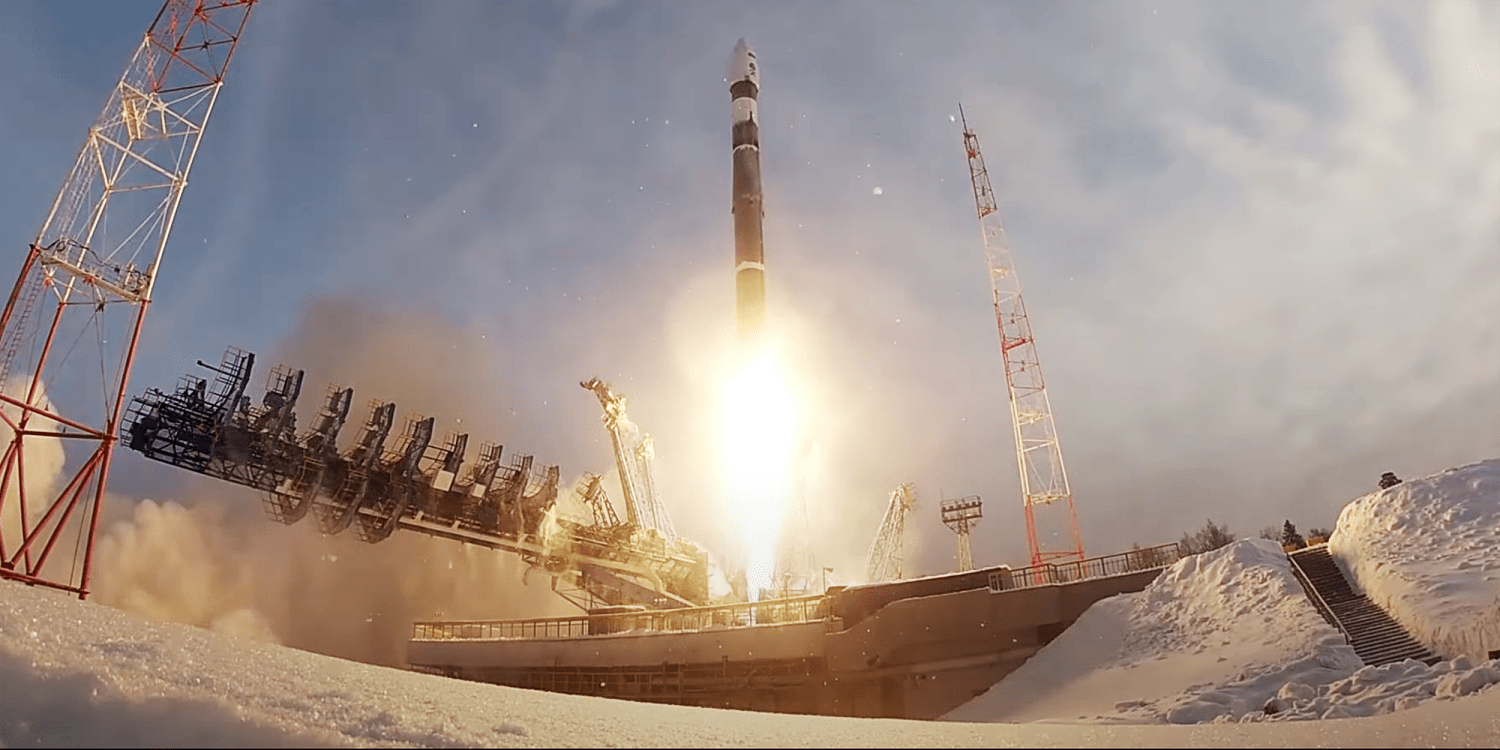A Russian nuclear weapon in space? Intel on Putin plan leaves unanswered

All this said, little if any of these technologies or concepts are new.
Both the U.S. and Soviet Union developed and tested anti-satellite weapons, or ASATs, during the Cold War. And both have regularly used nuclear power in space.
As early as 1959, the U.S. began developing anti-satellite missiles, fearful the Soviets might be about to do the same. This culminated in its 1985 test launch by an F-15 fighter jet, releasing a payload at 36,000 feet that whooshed into orbit and destroyed a degrading U.S. satellite, according to the U.S. Air Force Museum.
Between 1969 and 1975, Washington was able to “cobble together” an anti-satellite system that used existing nuclear missiles in “direct ascent” mode to destroy targets in space, according to a paper published in 2000 by the Air Force’s Air University Press.
In terms of nuclear power rather than nuclear arms, Washington likewise first put a nuclear-powered satellite in orbit in 1961. The Soviets developed and deployed similar technology, which powered many of its satellites during that period.
This is far from without risks, as history has shown.
In 1978, a Soviet nuclear-powered satellite malfunctioned, fell out of the sky and as it burned up showered northern Canada with radioactive debris.
What doesn’t appear to have been developed yet, or publicly revealed at least, is something that does all these things at once: a Russian, nuclear-powered satellite carrying a weapon.
If the U.S. has “intelligence that is not about development, but the actual plans to deploy, then, yes, it is a new development,” Budjeryn said.
A nuclear-fueled satellite might be able to carry a high-powered jammer that could block out a wide array of communications and other signals for prolonged periods of time, according to a 2019 technical essay in The Space Review, an online publication widely shared among experts following this week’s news.
Bowen, at the University of Leicester, said such a design would be “really expensive” and “just waiting for a problem to go wrong to then have a nuclear environmental disaster in orbit.”
Ultimately, he and Budjeryn said that none of this technology is new, though its actual implementation would no doubt be viewed as an escalation.
“It’s quite bizarre to me that this is now making such waves,” he said, noting that Russia has been capable of deploying this technology “for a very, very long time.” He added, “You would rather not see more nuclear materials in orbit, but if they do it, on the security front it’s not that big a deal.”
He and others have questioned whether the release of the information may be more about politics than military threat.
“Congresspeople do these things for different reasons,” he said. “Is it about trying to get more information out of the Pentagon, or trying to get Russia in the news? I don’t know.”
That’s certainly the view from Moscow.
“It is obvious that the White House is trying, by hook or by crook, to push Congress to vote on the bill to allocate money,” said Kremlin spokesman Dmitry Peskovin, an apparent reference to the push for new aid for Ukraine, of which Rep. Turner is a prominent advocate. “We’ll see what tricks the White House will resort to.”
Others have suggested that this could be a diversion from the other side.
“Russia has tried to develop weapons in space for a long time,” Francesca Giovannini, executive director of the Project on Managing the Atom at the Harvard Kennedy School, said in an email. “We don’t actually know whether this is just a disinformation campaign to force the U.S. to divert precious resources from other capabilities (which are way more important and consequential).”
Read More: A Russian nuclear weapon in space? Intel on Putin plan leaves unanswered

